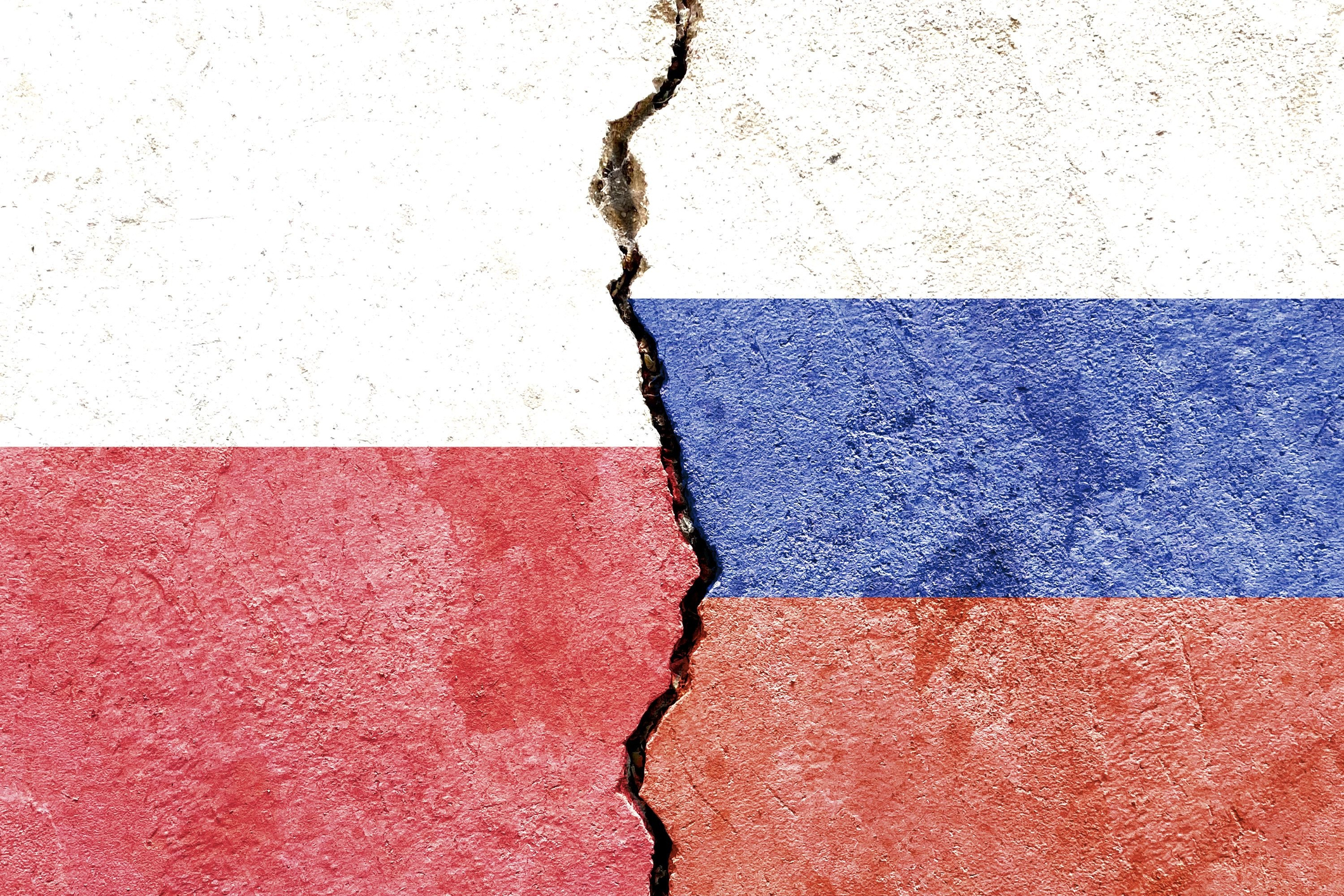Poland and the Russian Threat in 2024
Although the Russian war in Ukraine is no longer a breaking news story in media, the threat from Russia remains high. This applies to both military provocations and Russian clandestine intelligence operations.
Further confirmation of the ongoing Russian threat occurred on December 30, 2023, when Polish territory was once again violated. This occurred, in the Lublin Voivodeship – near the border with Ukraine – an object penetrated approximately 40 kilometers into the Polish territory.
The Polish military identified this object as a Russian cruise missile and the Polish government subsequently deployed around 480 soldiers from the 2nd Lublin Territorial Defense Brigade and the 19th Nadbużańska Territorial Defense Brigade to look for potential debris. According to the official statement, the missile left the territory after three minutes. In response to the incident, Poland sent its F-16 aircraft to the area. Warsaw does not rule out the possibility that it was a Russian provocation.
At the same time, officers of the Internal Security Agency (ABW, Agencja Bezpieczeństwa Wewnętrznego) detained a Belarusian citizen. The female is suspected of espionage on behalf of the Belarusian KGB. As Polish investigators have determined, she was transmitting information about members of the Belarusian diaspora and organizations uniting Belarusians and Poles of Belarusian nationality residing in Poland. She has been temporarily arrested for three months.
To enhance Polish counter-intelligence capabilities, the new government – formed in December of last year – announced its plan to reinstate at least two regional branches of the Internal Security Agency that were dissolved in 2017. Urgent re-establishment of the ABW branches in Rzeszów and Olsztyn is considered a top priority. In 2017, the previous government, which lost elections in October 2023, shut down as many as 10 out of 15 ABW branches. However, a potential challenge in rebuilding the capabilities may be a manpower shortage.
Regarding the latter threat, which includes Russian covert intelligence operations, a particularly significant aspect from a security standpoint is the fact that the Kremlin utilizes not only Russian citizens but also individuals of other nationalities, especially those who use the Russian language. After 2022, Russians established numerous companies through intermediaries, which are employed to evade sanctions and pursue other interests of Russia.
Adam Jawor (Polish retired Colonel of Counterintelligence, former expert of EUROPOL on Russian affairs) warned in his analysis published by “InfoSecurity24” – Poland’s leading defense-oriented news agency that “In the current situation, the Russian intelligence services use a variety of foreigners not only for spying on the West and monitoring arms shipments to Ukraine but also for exerting pressure on Russian refugees and opponents of Putin’s regime who have fled abroad since the beginning of the war. Russia fully seized the opportunity presented by the appearance in Europe of a multi-million wave of Ukrainian refugees that emerged after the outbreak of the war”.
The same expert emphasizes that Western intelligence services must pay greater attention to the Russian strategy of outsourcing intelligence operations. An example being the arrest in February 2023 in the United Kingdom of three Bulgarian citizens accused of spying for Russia.
The threat is evidenced not only by the aforementioned detention of the Belarusian citizen but also by another operation successfully caried out last year by the Polish security agencies, when an espionage network consisting of 16 individuals was dismantled. It mainly comprised Ukrainian citizens, but it also included two students from Belarus and one Russian. The group operated in early 2023 in several places, including in a capital city of Warsaw and eastern Poland, near the border with Ukraine. It was engaged in reconnaissance of critical infrastructure, military facilities, and seaports.
Facing the Russian threat, which is and will remain significant not only for Central-Eastern Europe but also for other parts of Europe, is complicated due to several factors. One of them is an ongoing lack of a decisive response from the European Union member states. Military expenditures have not been significantly increased, and neither has ammunition production. Rebuilding military capabilities, including a rapid and drastic increase in artillery ammunition stockpiles, should become a priority in Europe.
In January 2023, the Prime Minister of Poland, Donald Tusk, issued a call for armament, stating that Europe, in the long run, is still a target of Russian aggression. “The entire EU must understand that without a radically increased armament effort, we will be far behind,” he said. “No one can doubt that in a strategic perspective, Europe is the target of Russian aggression, and it will happen when Russia’s military capabilities become evident.”
At the same time, Radosław Sikorski, Poland’s new Foreign Minister, called for additional in sanctions and added, “the costs that will have to be incurred in the case of Putin’s victory will be much, much higher than the price of further supporting Ukraine.”
Regarding Poland, Poland has consistently set an example.
In late December 2023, the Polish Parliament approved a defense budget. For 2024, the total defense expenditure is expected to be USD 40.25 billion, with the Ministry of National Defense budget set at USD 29.75 billion (the rest is expected to come from uncertain sources, namely planned loans and debts).
This amounts to 3.1% of GDP (4.1% if all defense-related expenditures are considered).
Technical modernization in 2024 is projected to cost Poland at least USD 8.75 billion. If additional funds are acquired through the so-called Fund for the Support of the Armed Forces, Poland will spend USD 21.22 billion on technical modernization.
Featured Graphic: Photo 234955169 | Poland Russia © Wirestock | Dreamstime.com
Other essays by this author are included in our newly released annual publication:
The Publication of Defense XXIII: America Faces a Very Different World

